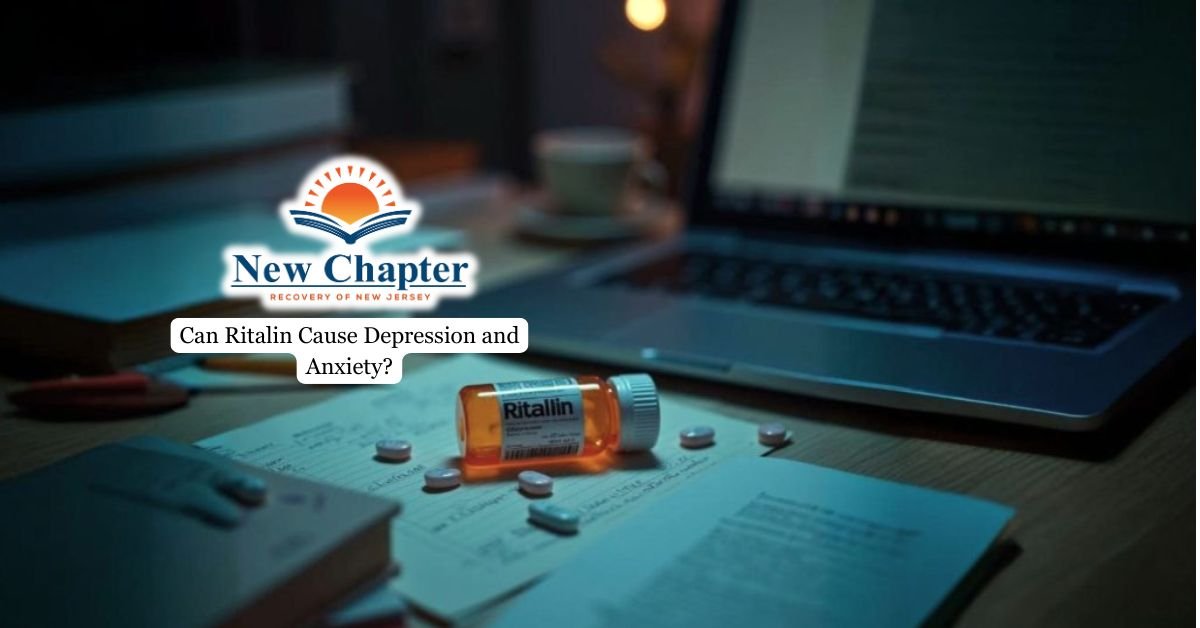Lorazepam, widely known by the brand name Ativan, is a benzodiazepine prescribed for anxiety disorders, insomnia, and seizure management. Understanding how long this medication stays in the system is important for minimizing potential side effects, preventing interactions with other substances, and ensuring responsible usage.
This article will examine the key factors affecting Ativan’s duration in the body, its half-life, and the timeframes in which it may be detected in different drug tests.

Ativan’s Half-Life and Elimination
Ativan’s half-life of approximately 12 hours means it takes that long for your body to eliminate half of the drug from your system. This implies that every 12 hours, the concentration of Ativan in your bloodstream reduces by half.
However, it’s important to note that complete elimination of the drug typically takes around 2 to 3 days, as multiple half-lives are required for full clearance.
Factors like age, weight, liver function, and frequency of use can significantly influence the clearance rate of Ativan from your body. Older individuals or those with impaired liver function may take longer to eliminate the drug.
Ativan’s metabolites can also have a longer half-life, with some remaining detectable for up to 90 hours.
Generally, around 5 half-lives are needed for the body to completely clear a drug. So, while the average half-life of Ativan is 12 hours, individual factors play a crucial role in determining how long it will take for your system to fully eliminate the medication.
Keep in mind that the duration of Ativan’s presence in your body can vary based on your unique circumstances.
If you’re concerned about the lingering effects of Ativan or experiencing difficulties during the detox process, consult with a healthcare or addiction professional for guidance and support.
Read more about our ativan addiction treatment service here:
Detection in Laboratory Tests
Urine tests are the most common, and they can identify lorazepam for up to six days after your last dose, with positive results possible as soon as two hours post-administration.
Blood tests offer a shorter detection window, revealing Ativan’s presence for up to three days following use, with peak levels typically occurring between one to six hours after ingestion.
Saliva tests provide an even briefer timeframe, detecting Ativan for about eight hours after your last use, beginning as early as 15 minutes post-administration.
If a more extensive history of use is suspected, hair follicle tests can uncover the presence of lorazepam for up to 30 days or longer, although detection may vary based on individual factors.
It’s important to note that false positives in urine tests can occur due to certain medications, including efavirenz and sertraline, which may complicate detection results.
Learning more about the side effects of ativan will help you take to heart more considerations for safe administration of this medication.
Factors Influencing How Long Ativan Stays in the Body
Body composition significantly affects how long Ativan remains in the system. Since it is fat-soluble, individuals with higher body fat percentages may retain the drug for longer periods.
Age also plays a key role, as older adults often metabolize Ativan at a slower rate due to natural declines in liver function.
Dosage and frequency of use impact retention as well, with higher doses and prolonged use leading to greater accumulation in the body over time.
Liver and kidney function are essential in processing and eliminating Ativan. Any impairment in these organs can slow down the clearance process. Additionally, metabolic rate varies from person to person, with those who have faster metabolisms generally expelling the drug more quickly.
Genetic differences can further influence how efficiently the body metabolizes Ativan, affecting its overall duration in the system.
Other factors, such as hydration, diet, and overall health, also contribute to how efficiently the body processes and eliminates the drug.

Ativan Accumulation
Regular use of Ativan can lead to accumulation in your system, ultimately extending the time it takes for your body to clear the drug completely. This ativan accumulation occurs because your liver needs more time to process the increased amounts of the drug.
As a result, detoxification becomes a lengthier process, and you may experience prolonged effects or withdrawal symptoms.
The half-life of Ativan plays a significant role in determining how long it stays in your system. With repeated use, the drug’s metabolites can build up, leading to extended clearance times.
To minimize accumulation and facilitate faster detoxification, it’s crucial to follow prescribed dosages and avoid excessive or prolonged use.
Find out how much time it takes to get addicted to ativan and what signs to look out for.
Withdrawal and Detoxification
Withdrawal symptoms may emerge within hours to days after your last dose, and they often include anxiety, insomnia, seizures, and tremors.
To minimize these symptoms and prevent complications, it’s crucial to gradually taper the dosage rather than abruptly stopping. Detoxification programs can provide medical supervision and support, making the withdrawal process safer and more manageable.
The duration of withdrawal symptoms varies, but they typically peak within a week and may persist for several weeks in some cases. As you progress through detox, it’s important to address the underlying factors that contributed to your Ativan dependency.
Behavioral therapies and counseling are often recommended alongside detox to help you develop coping strategies and support your long-term recovery.
Final Thoughts from New Chapter Recovery
The duration of recovery from Ativan addiction can vary depending on individual factors. However, it’s crucial to understand that the journey to healing goes beyond just the physical presence of the drug in the body. It also involves spiritual and emotional recovery. At New Chapter Recovery, we acknowledge the challenges of overcoming Ativan addiction and provide comprehensive support to help individuals through the process. Our approach combines medical expertise with comprehensive support, providing a well-rounded path to recovery.
Frequently Asked Questions
How does Ativan compare to other benzodiazepines in terms of duration in the body?
Ativan (lorazepam) has a moderate half-life of approximately 12 hours, meaning it stays in the body for around 2–3 days before full elimination. Compared to other benzodiazepines, it lasts longer than Xanax (alprazolam), which has a half-life of 6–12 hours, but is shorter than Valium (diazepam), which can stay in the body for several days to weeks due to its long-acting metabolites.
Can diet or hydration impact how quickly Ativan leaves the system?
Yes, diet and hydration can influence how efficiently the body metabolizes and eliminates Ativan. Staying well-hydrated helps the kidneys flush out metabolites more effectively, while a nutrient-rich diet supports liver function, which is essential for processing the drug. However, these factors only have a minor effect, and the body’s metabolism and liver health play a larger role.
Does long-term Ativan use affect memory or cognitive function?
Prolonged Ativan use, especially at higher doses, can impair short-term memory, concentration, and cognitive function. Over time, it may contribute to benzodiazepine-induced cognitive decline, making it harder to retain new information and process thoughts efficiently. Some cognitive effects may improve after stopping Ativan, but recovery depends on factors like dosage, duration of use, and overall brain health.
Can Ativan build tolerance over time, requiring higher doses for the same effect?
Yes, regular Ativan use can lead to tolerance, meaning the body adapts and requires higher doses to achieve the same effects. This can increase the risk of dependence and withdrawal symptoms if use is stopped abruptly. Tolerance develops more quickly with frequent use, making it important to follow prescribed guidelines and consider tapering under medical supervision if needed.






